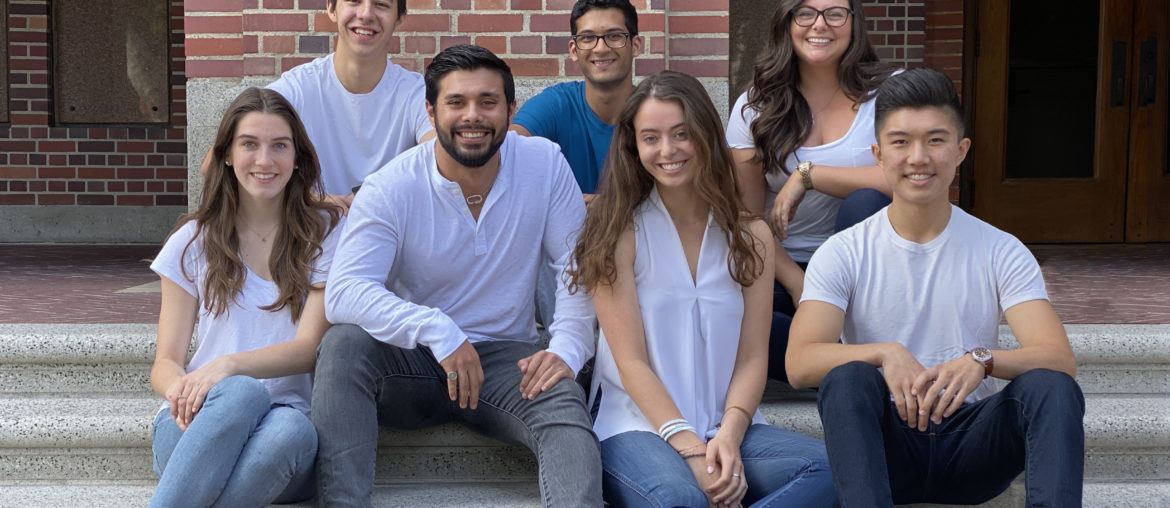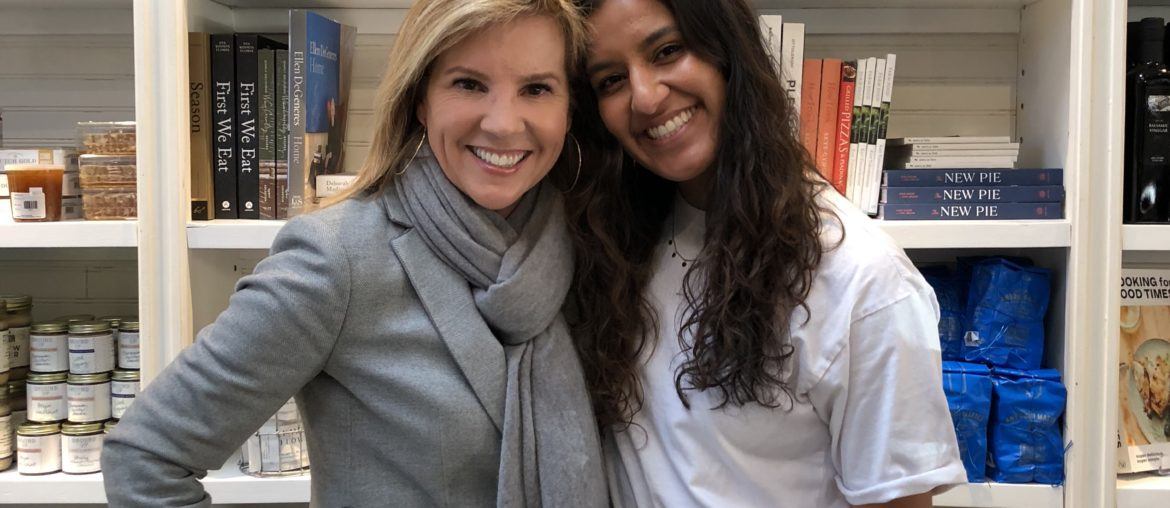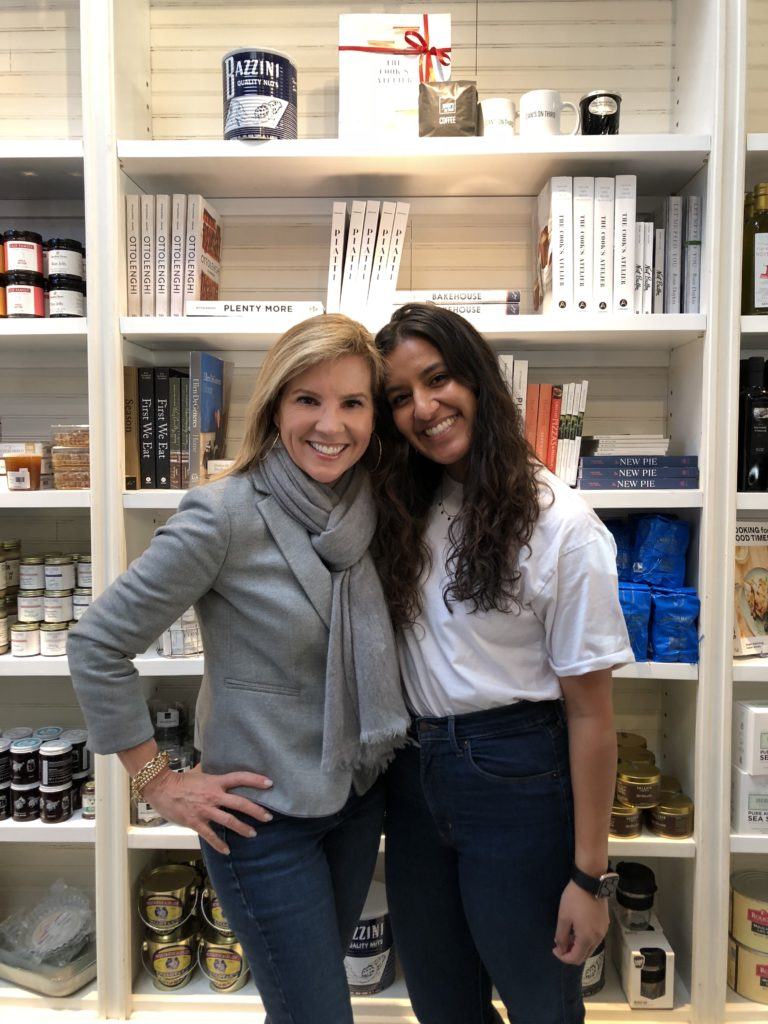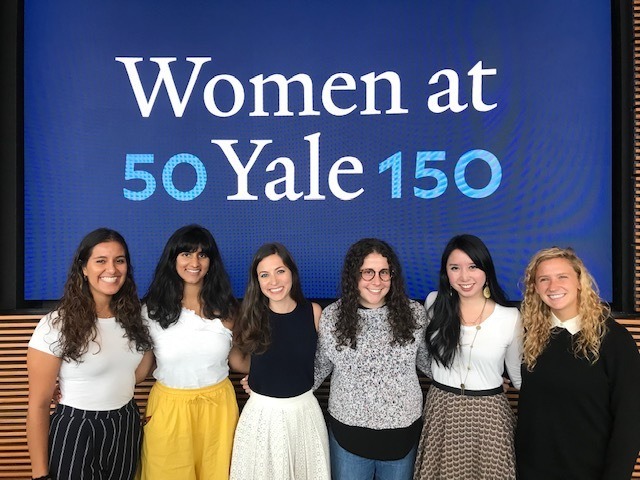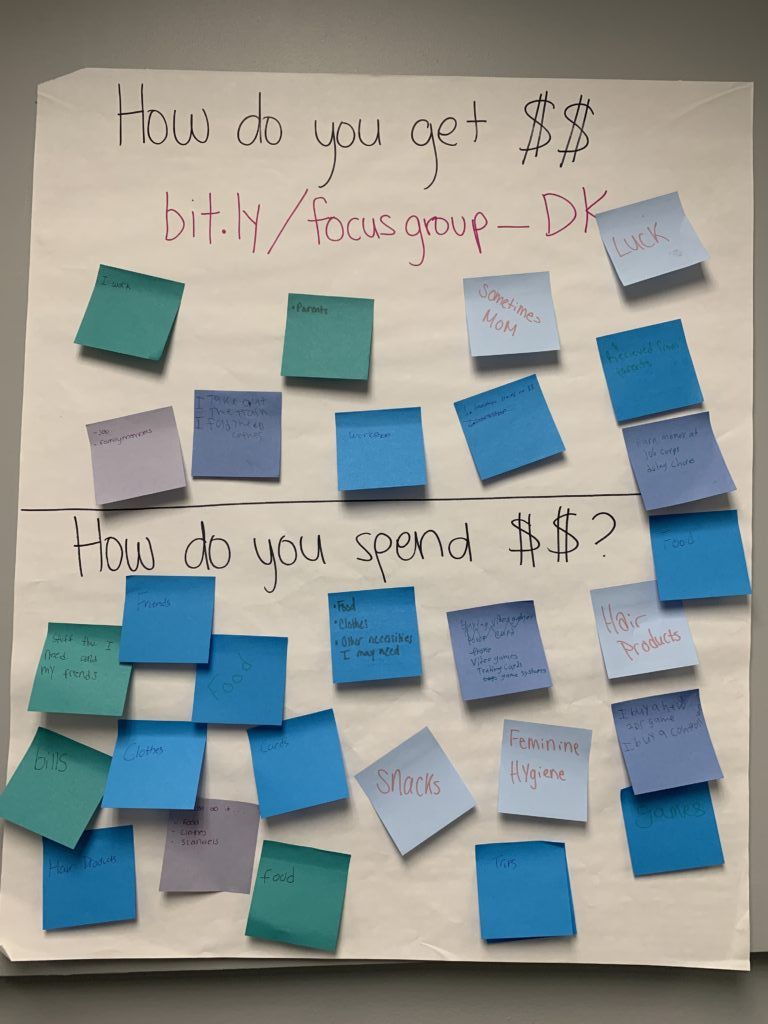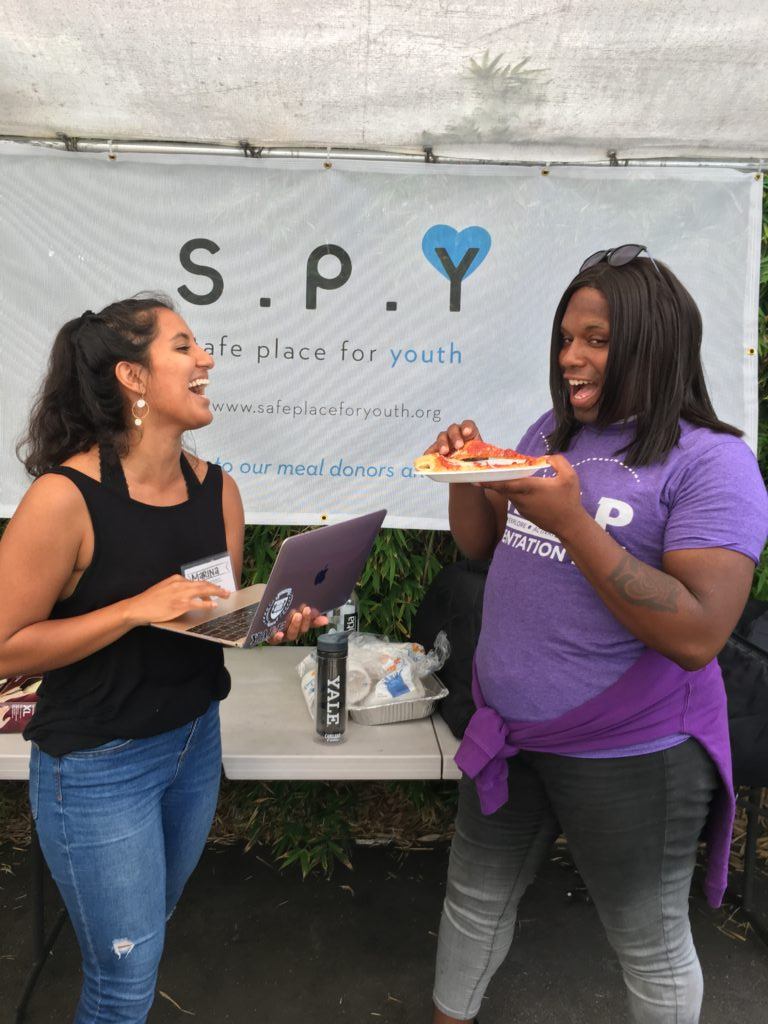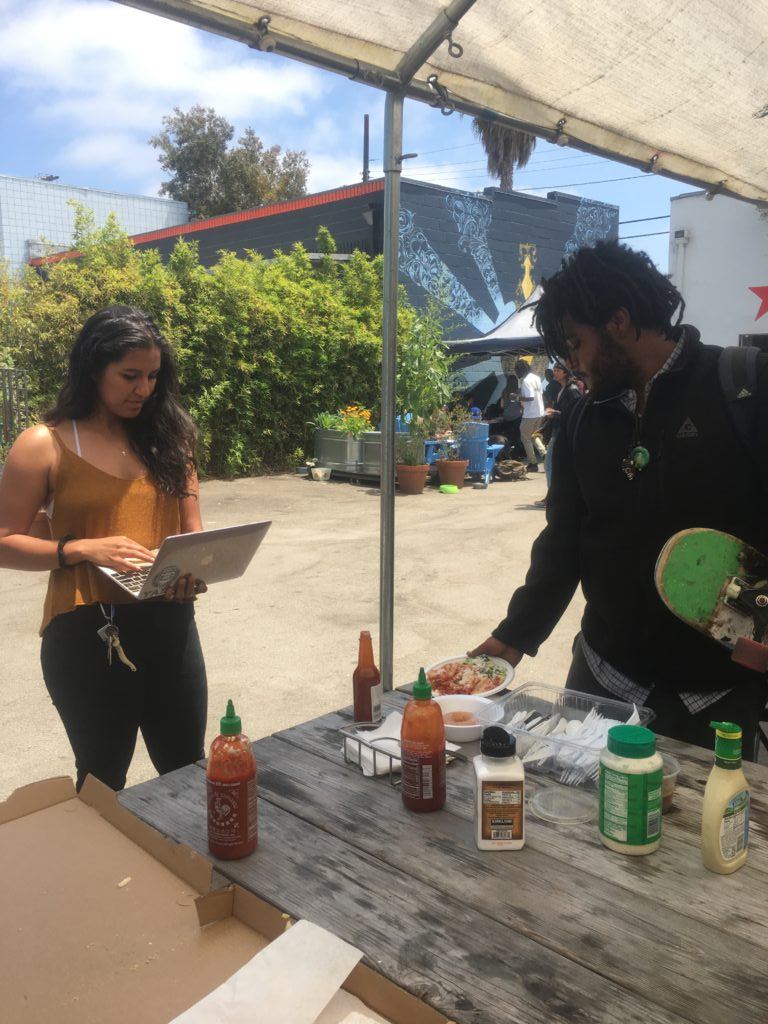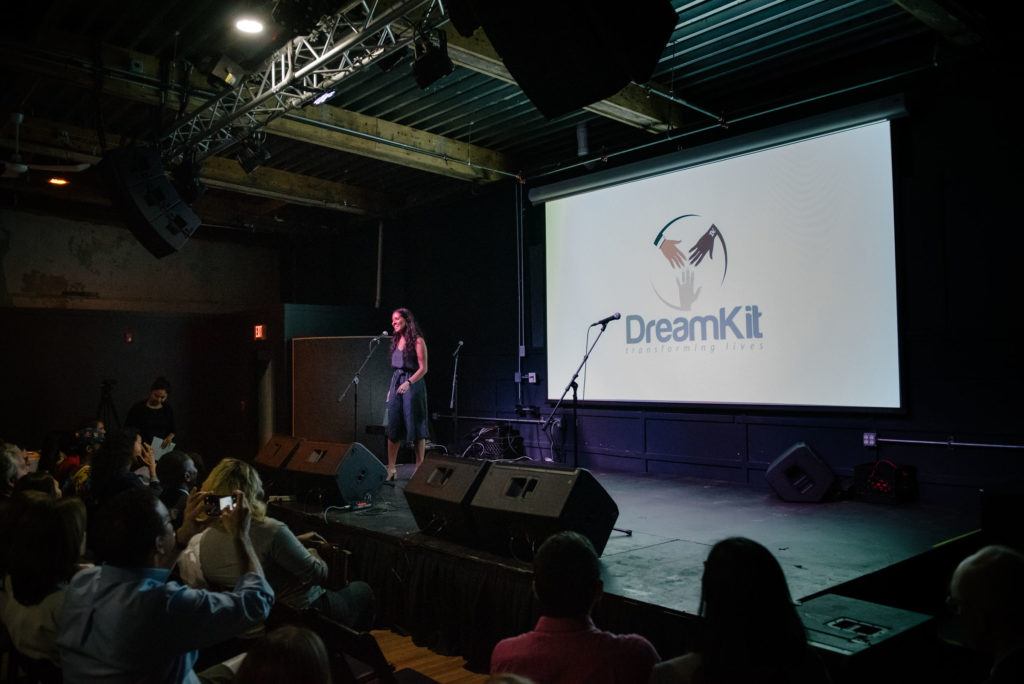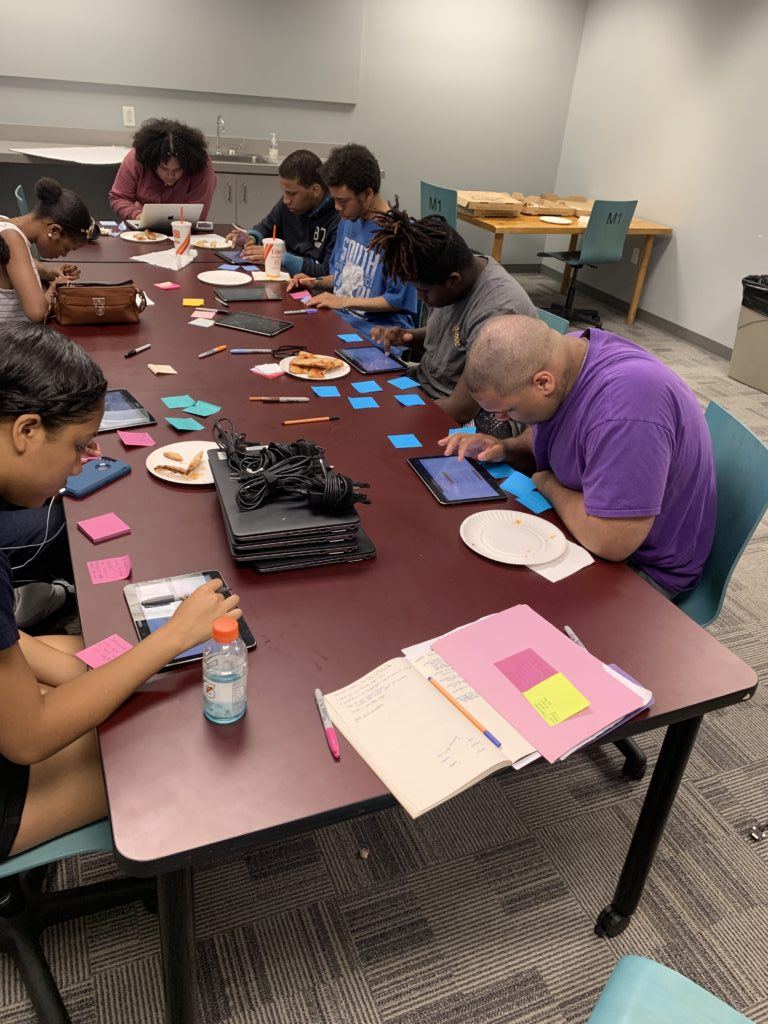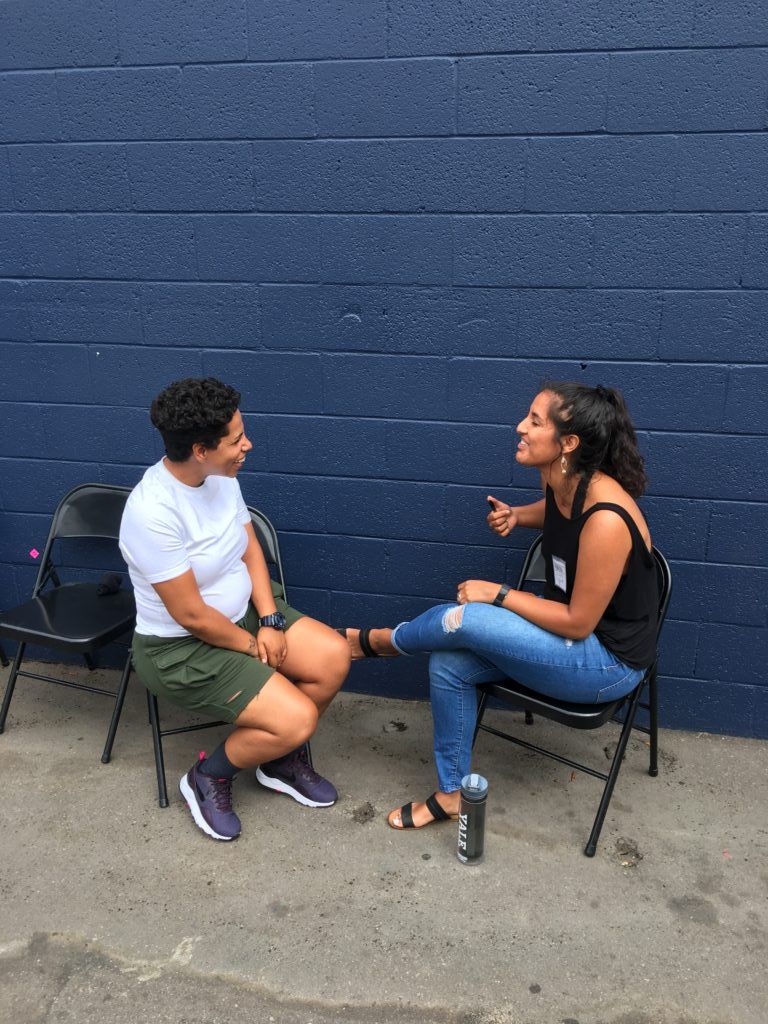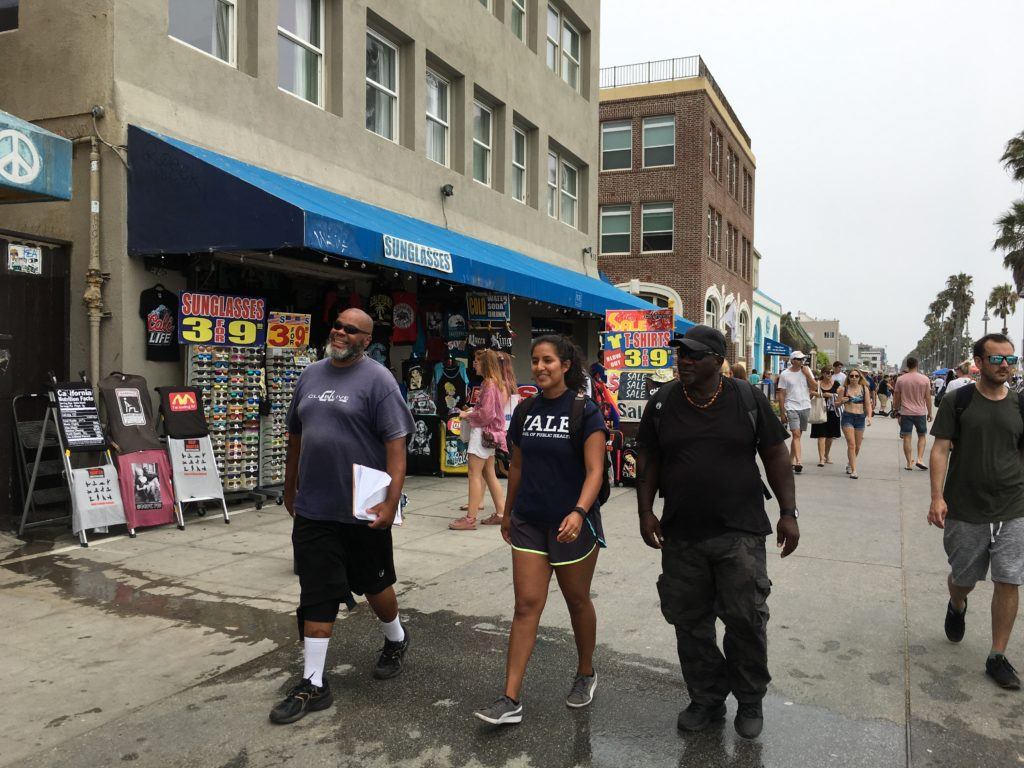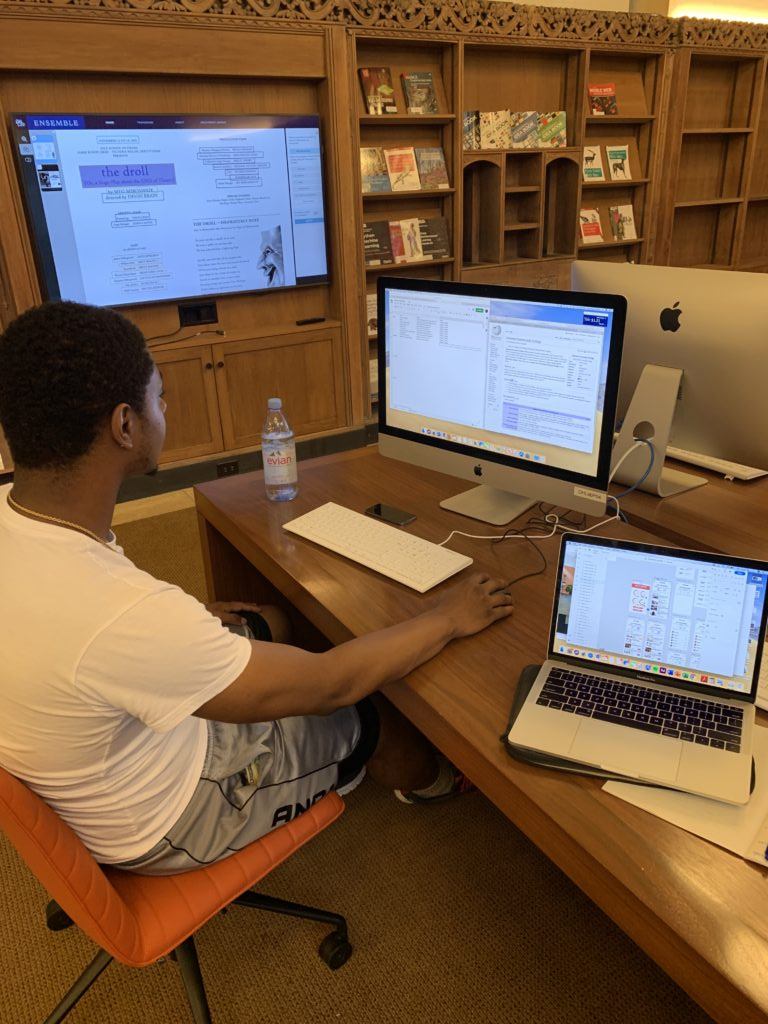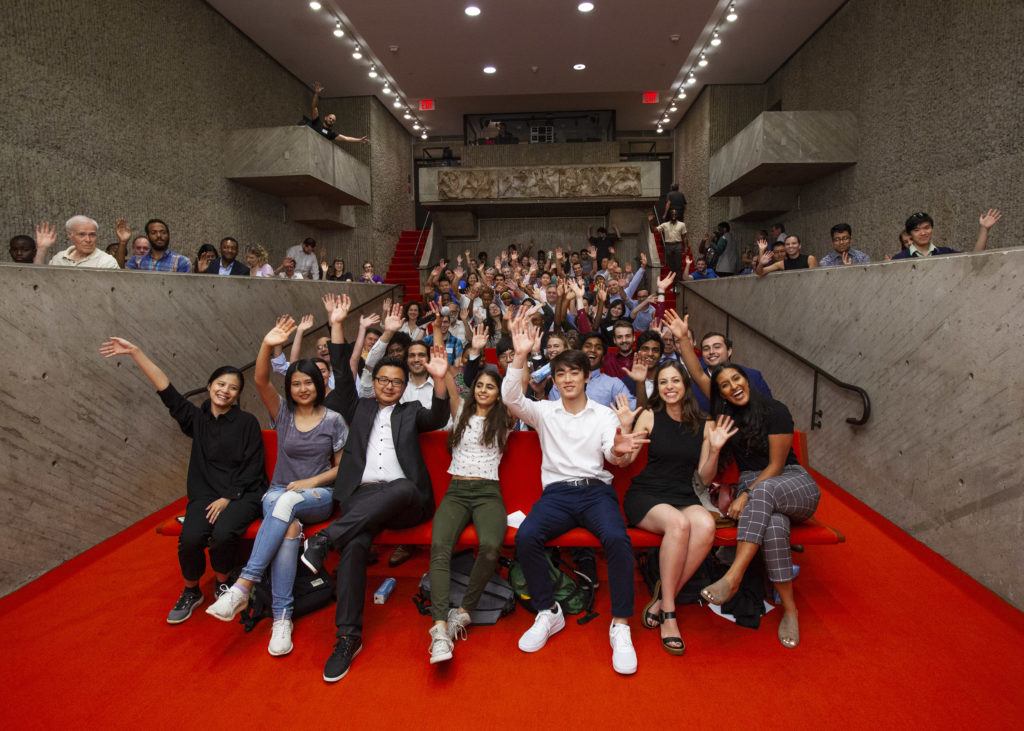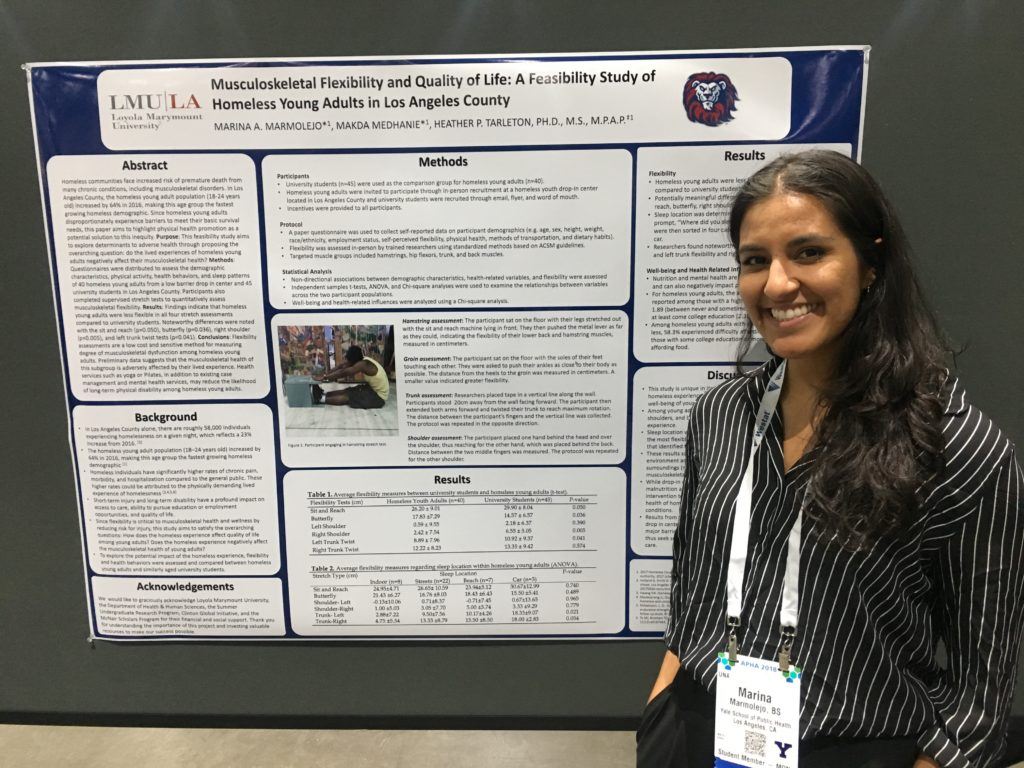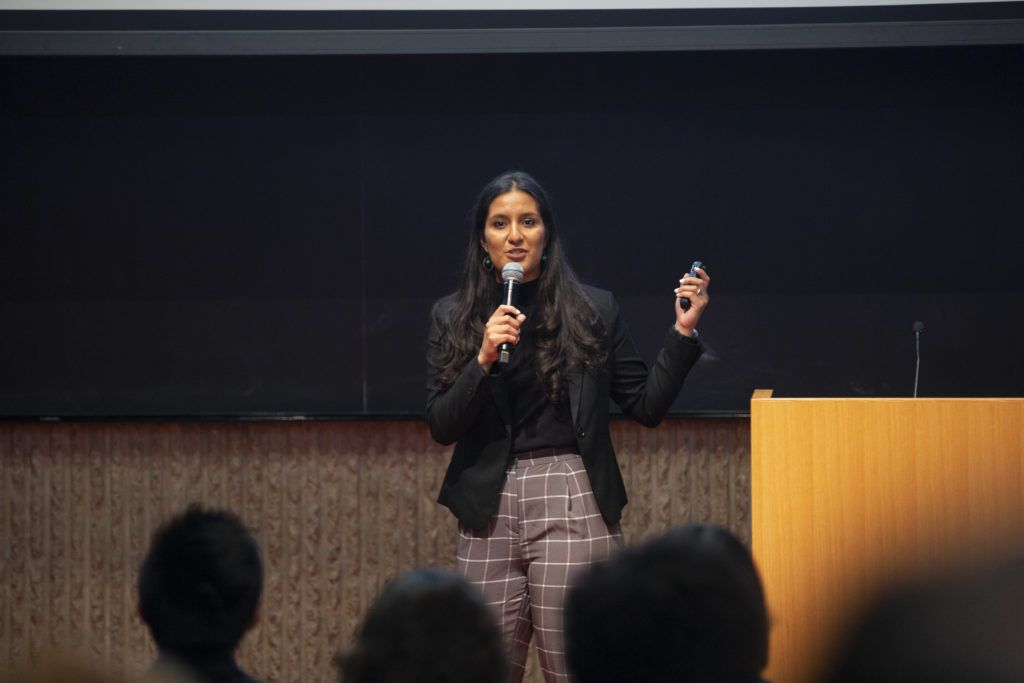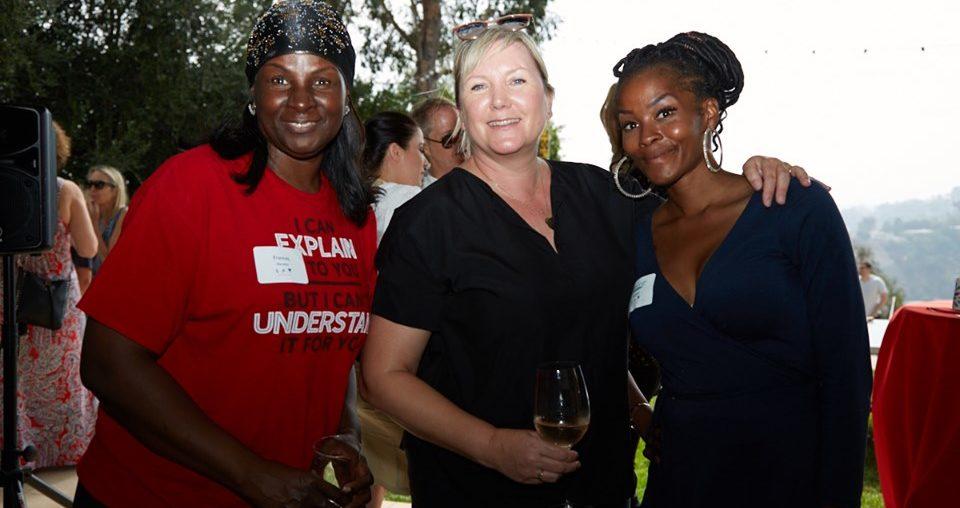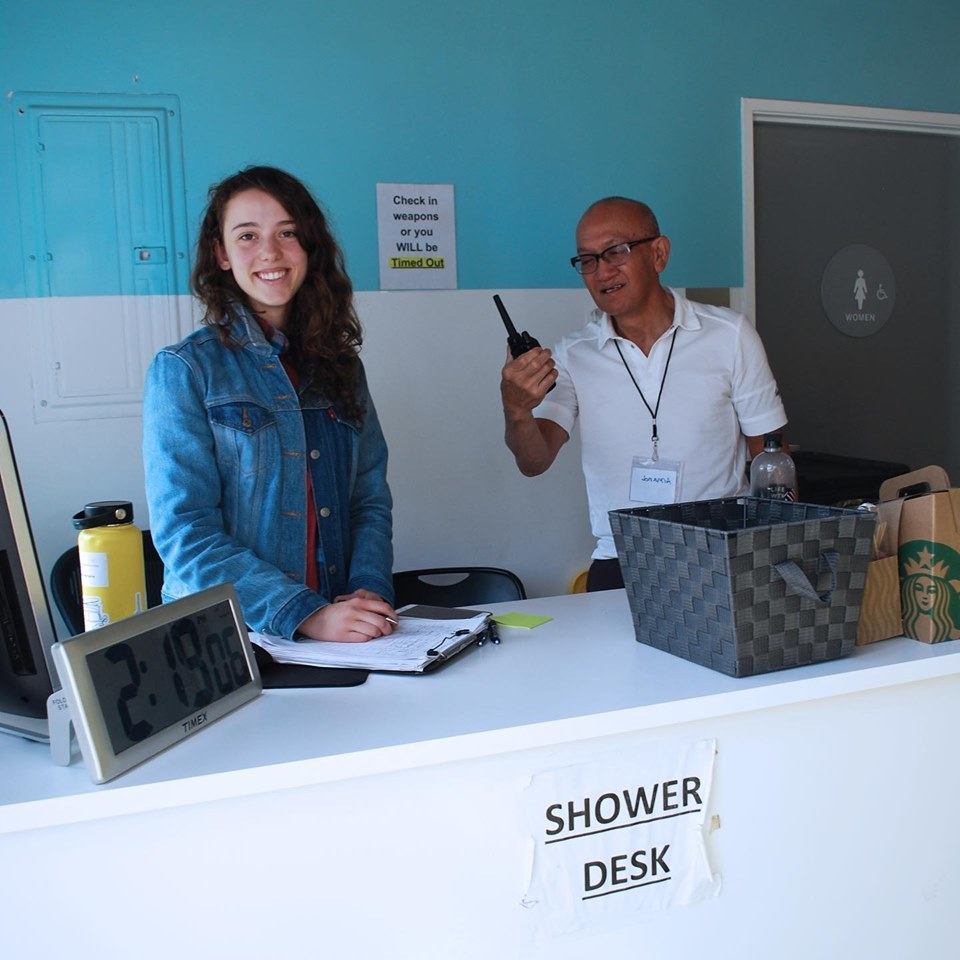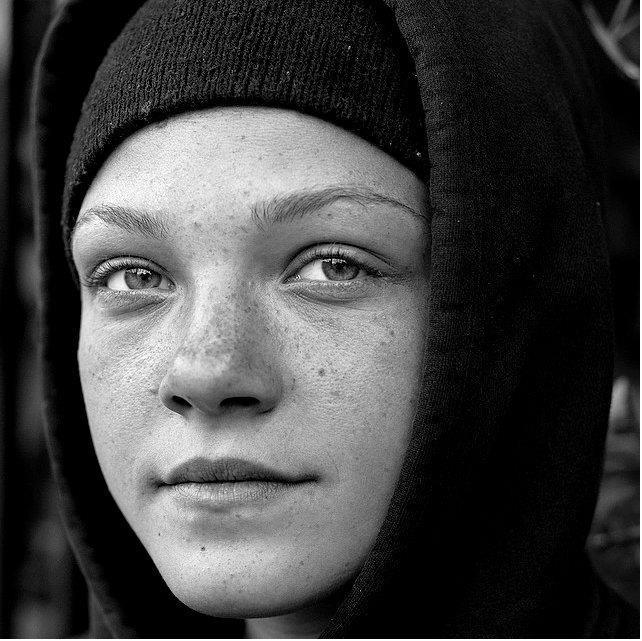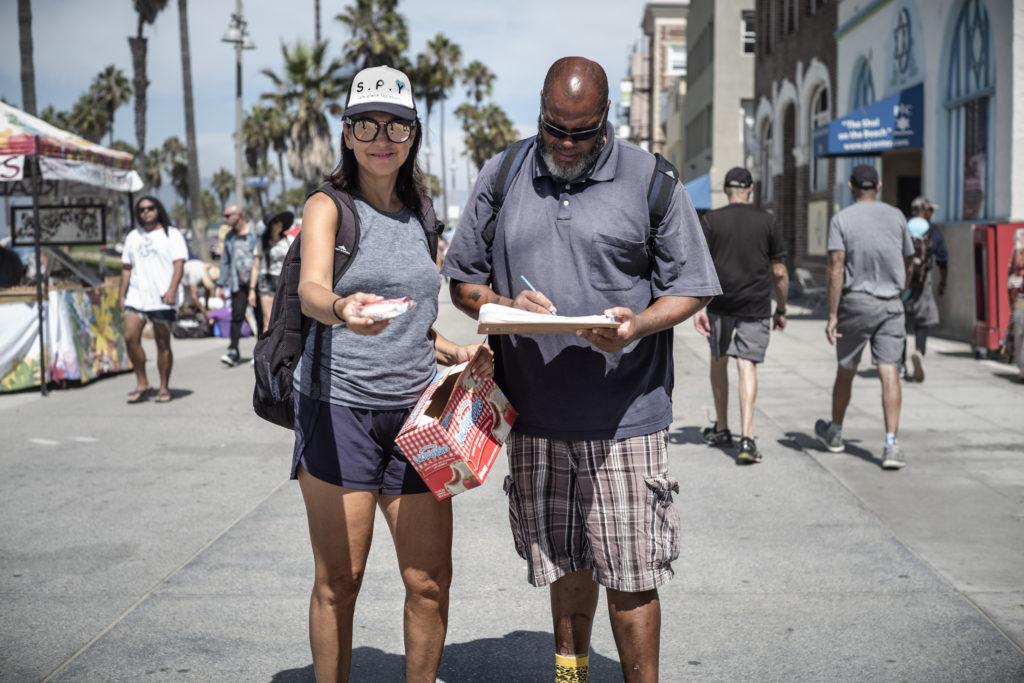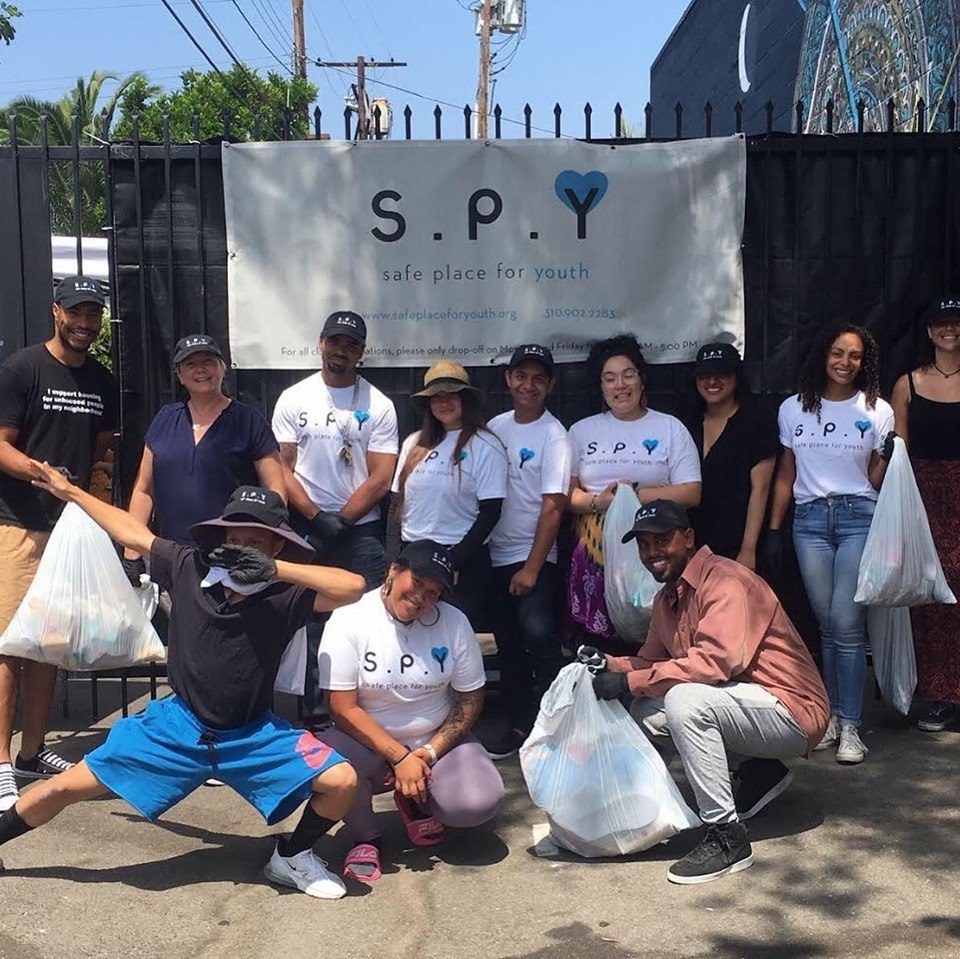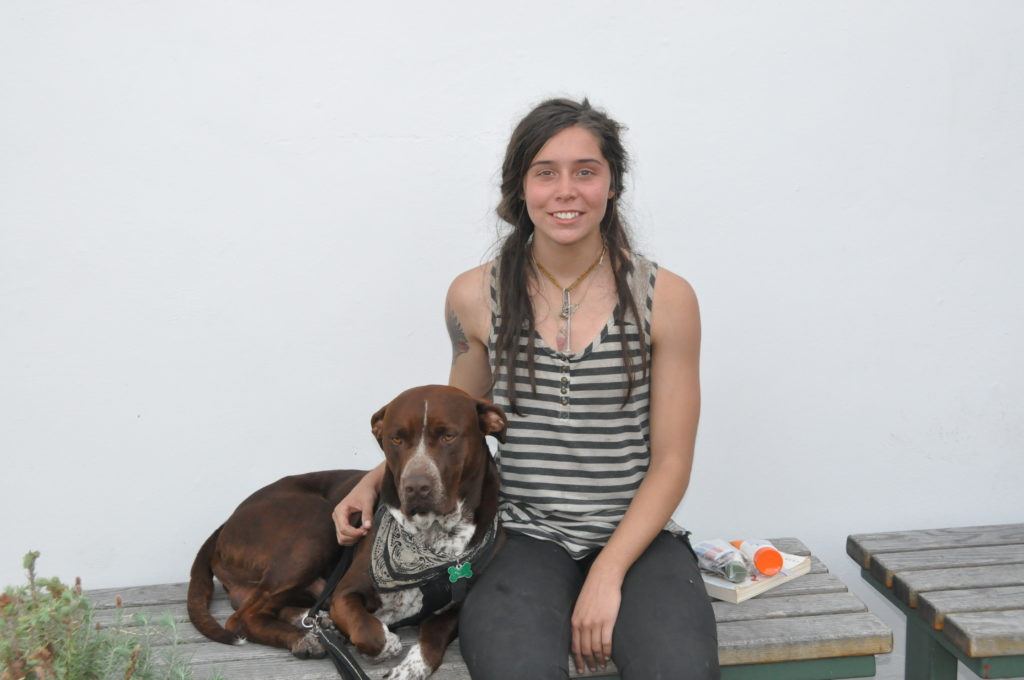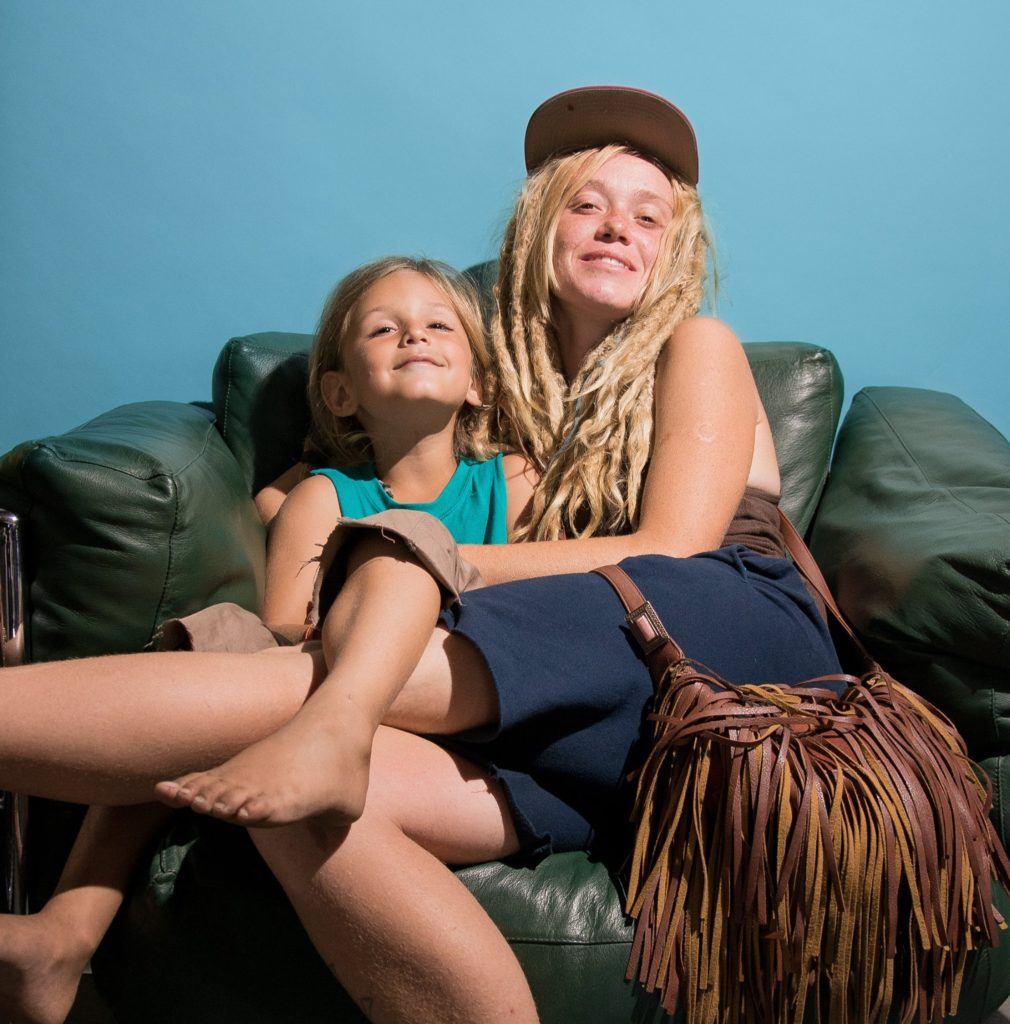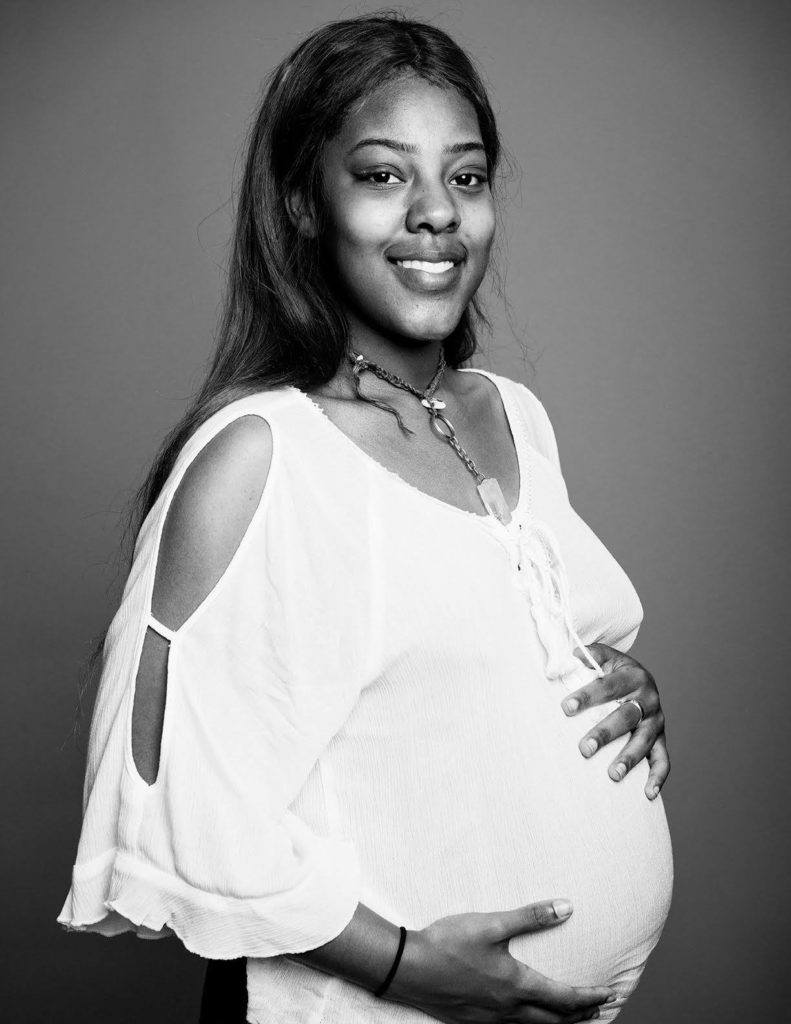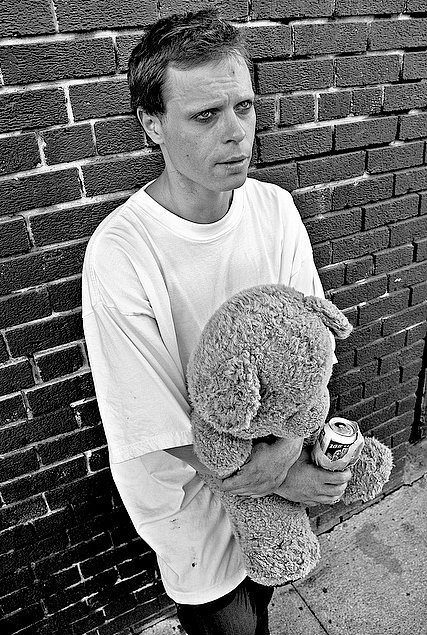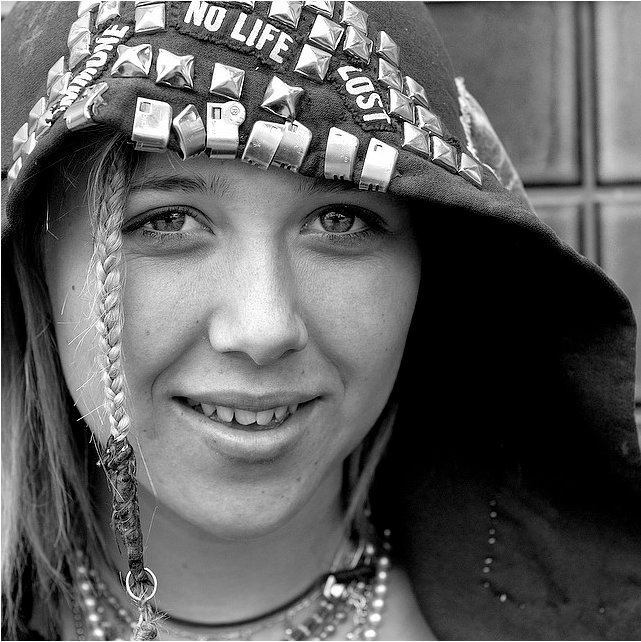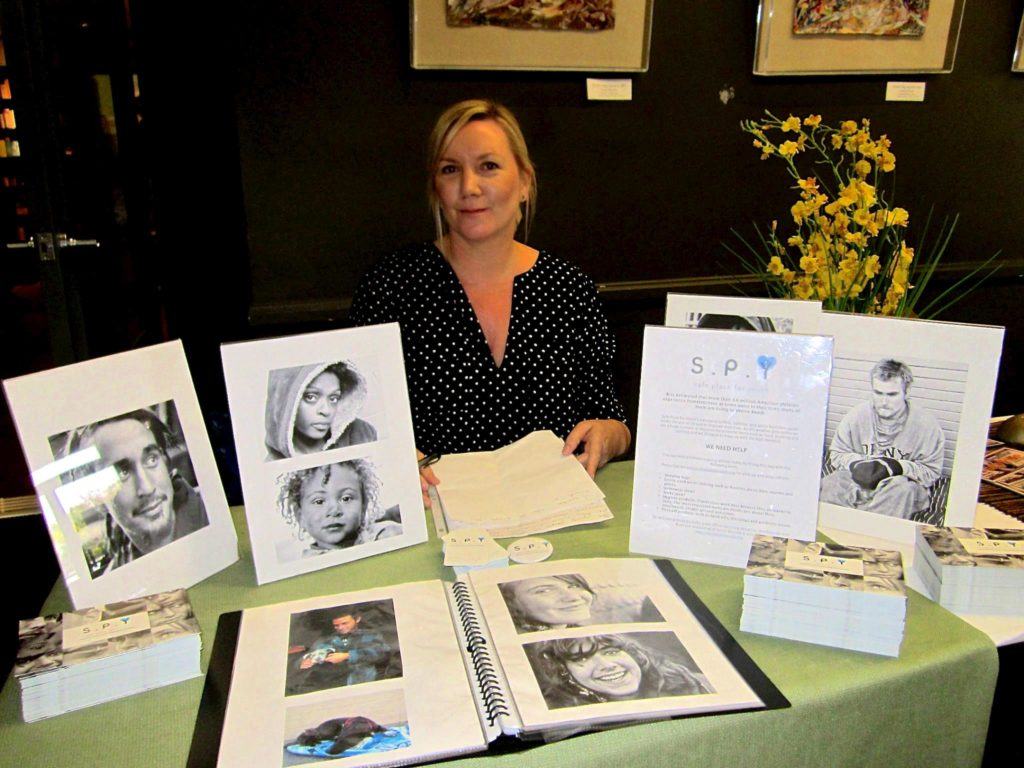“A wise man adapts himself to circumstances, as water shapes itself to the vessel that contains it.”
Chinese proverb
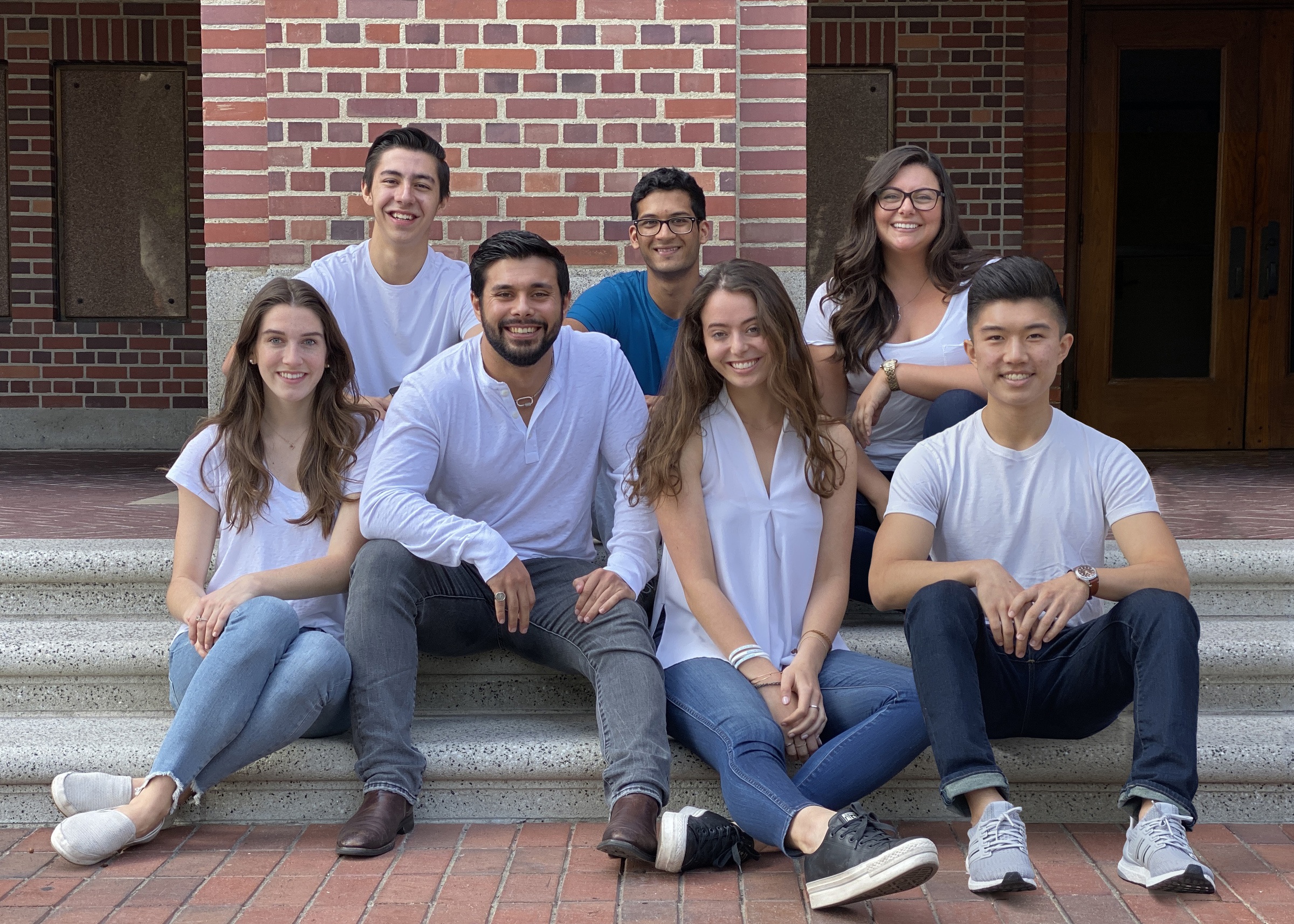
There is not a human on this planet who has not had to adapt and change these past few months. We have all been faced with new and difficult challenges with daily life and work in these unprecedented times. Nonprofits are no exception, sadly many nonprofits are closing, as a result of the economic downturn. However, a number of savvy nonprofits have pivoted to meet the challenges of the times, and Duet is one of them.
I was recently asked to be a part of a judging panel for The USC Marshall School of Business Brittingham Social Enterprise Lab where exciting innovations from students are making our world better. One of the finalists was the nonprofit Duet, you may remember our interview a few months back. I was so impressed with how this team took their nonprofits model and pivoted to meet the needs of Angelenos who are transitioning out of homeless that I thought an update was in order.
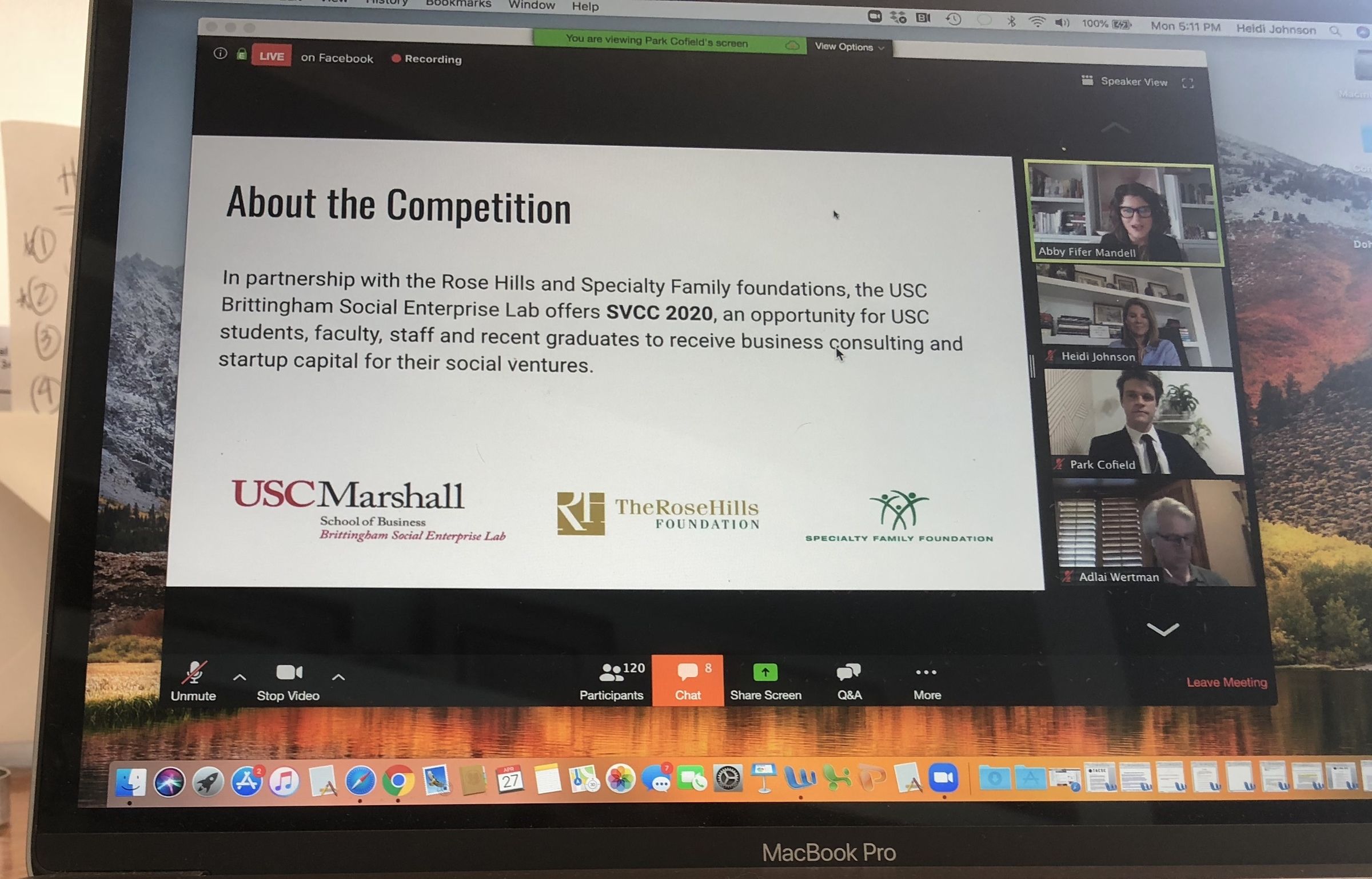
Charity Matters: Tell us about what Duet Does?
Stephanie Van Sickel: Duet introduces a new model of philanthropy that connects donors, beneficiaries, and local struggling businesses in a dignified, efficient, and effective way.
Here’s how it works- We partner directly with local stores which allows our beneficiaries, or clients, to self select the items they need, taking a picture and uploading it to our client app. It’s important to us that our clients are given the autonomy to tell us what it is that they need because we believe that when organizations make assumptions about beneficiaries’ needs and wants, they naturally get them wrong. On our website, donors can meet our Duet client’s and view their requested items. Once a donation is received, we send the money directly to the local store and a pickup code to the client who is able to go back to the local store to easily pick up the item.
Duet provides direct support for beneficiaries in a way that is direct and dignified, provides increased transparency for donors, and lifts local economies, integrating our clients as permanent members of the community and promoting long-term economic growth for the neighborhood.
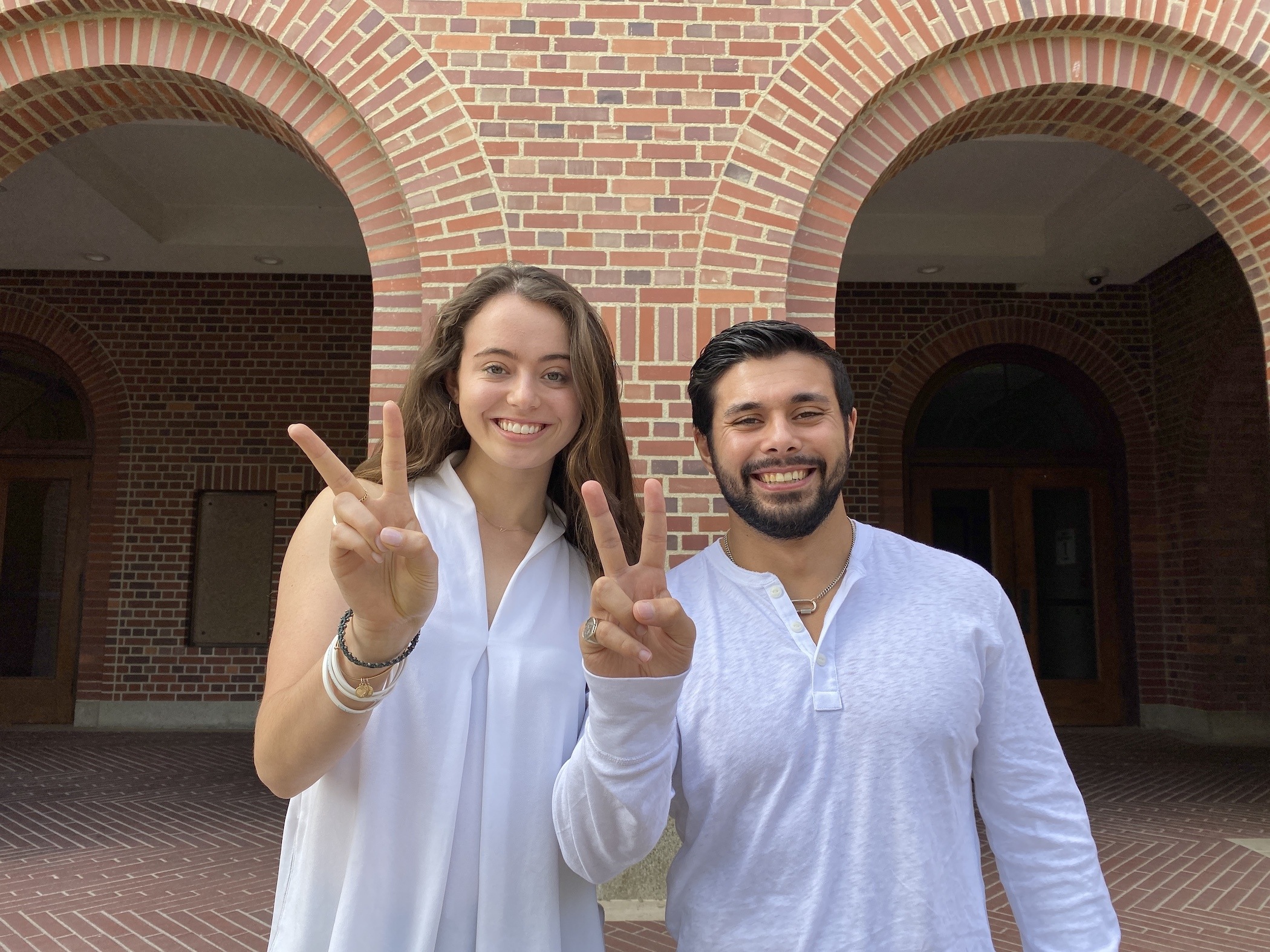
Charity Matters: explain how and Why you decided to pivot Duet?
Rhys Richmond: Although we had been thinking of expanding to LA for quite some time, COVID-19 drastically accelerated our timeline. We decided to move fast and pivot to supercharging our LA expansion schedule. These past few weeks have been quite the sprint to get Duet LA version 1 up and ready to support our first LA beneficiaries!
Our ability to help our refugee families has been limited by stores closing across Greece with no time to reopen. Moreover, we tuned in to the rise in the urgent needs of our fellow Angelenos.
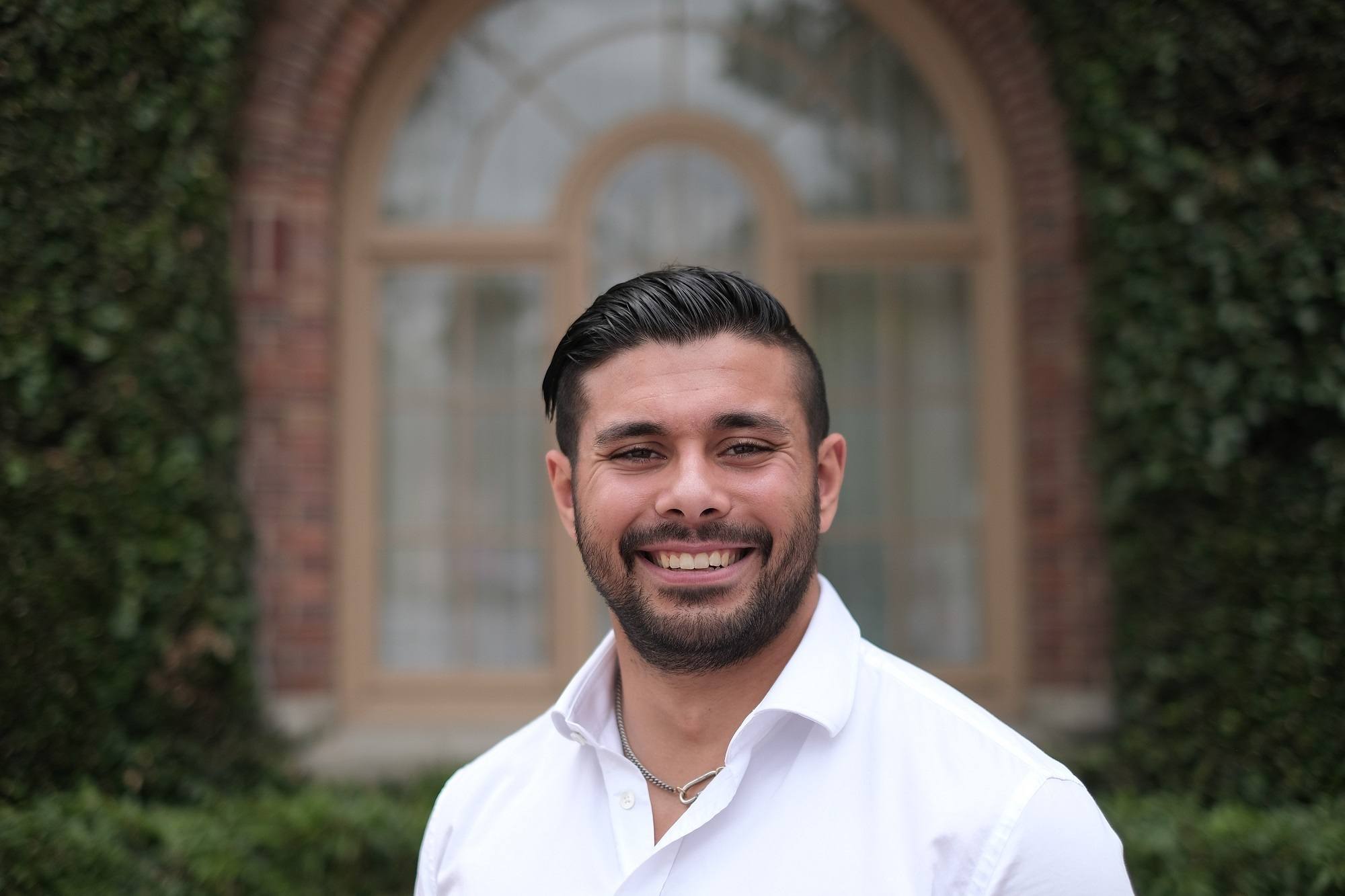
Charity Matters: What did you need to do to make this happen?
Michael Cesar : Well, first we all had to get on the same page and figure out exactly what we wanted to achieve. This was going to take a huge team effort and we all needed to be pulling in the same direction. There were three main challenges: how were we going to get in touch with our new beneficiary population? What changes did we have to make to our technology? How were we going to attract new, LA specific donors? We upped our Zoom contact hours and put our heads together.
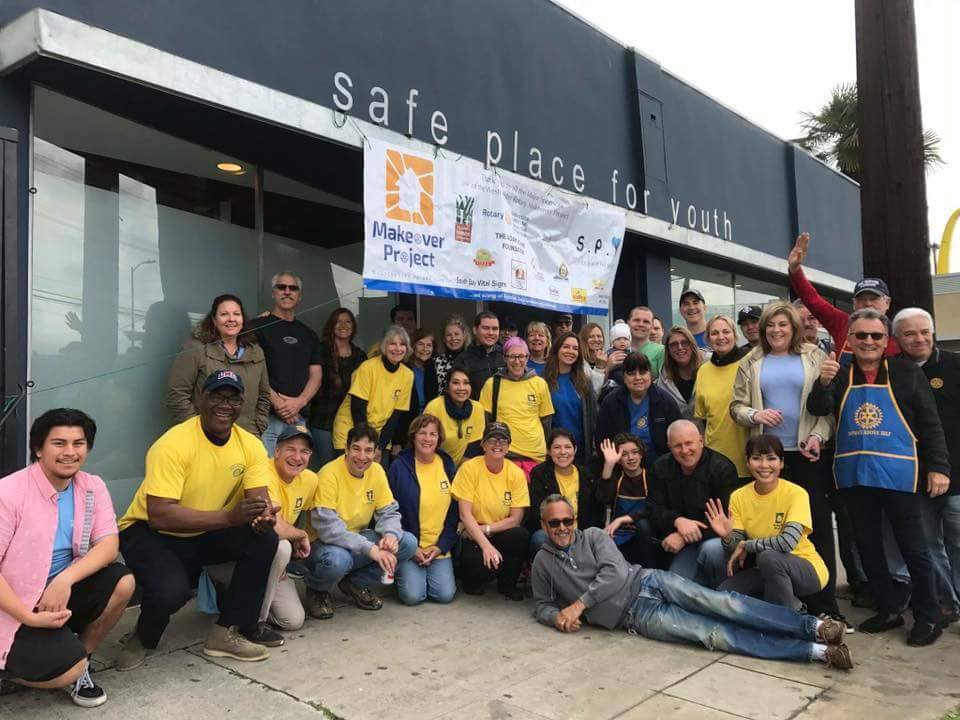
We’ve successfully solved those challenges by partnering with Safe Place for Youth, and First Place for Youth to introduce us to young Angelenos in need, partnered with Everytable to provide hot cost-effective dinners and have launched an LA fundraiser to jumpstart our donor base! (https://giveduet.org/
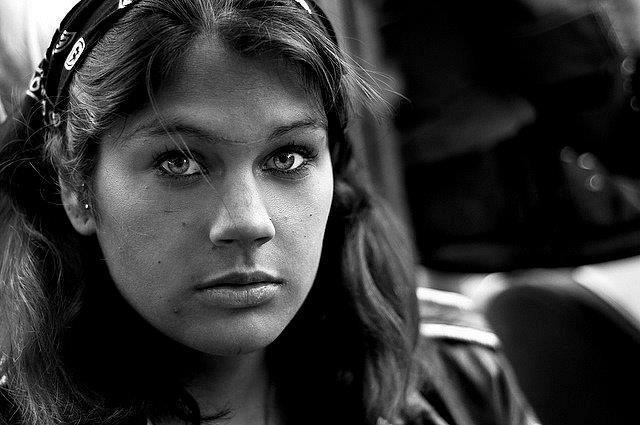
Charity Matters: Tell us what you have done to pivot to meet the needs of Angelenos since COVID?
Stephanie Van Sickel: As USC Trojans, the Duet team is committed to bringing our solution home to tackle the challenges we are facing in our own communities in Los Angeles. The urgency of COVID-19 has driven us to begin providing solutions today for our community by helping to fulfill immediate needs for some of our most vulnerable populations starting with young adults who are transitioning out of homelessness. This group of young Angelenos has recently been disproportionately impacted by layoffs, furloughs, and reduced work hours and it is expected that many of them will be forced to deplete their savings within the next 10 days, leaving them at immediate risk of becoming homeless again.
In a slightly modified version of Duet, neighbors will help neighbors by funding high-quality and cost-effective meals, sourced from local restaurants that are struggling to survive in the pandemic. Los Angeles is a city ready to come to the aid of its own and Duet enables Angelenos to simultaneously help both our most vulnerable residents and their favorite local restaurants.
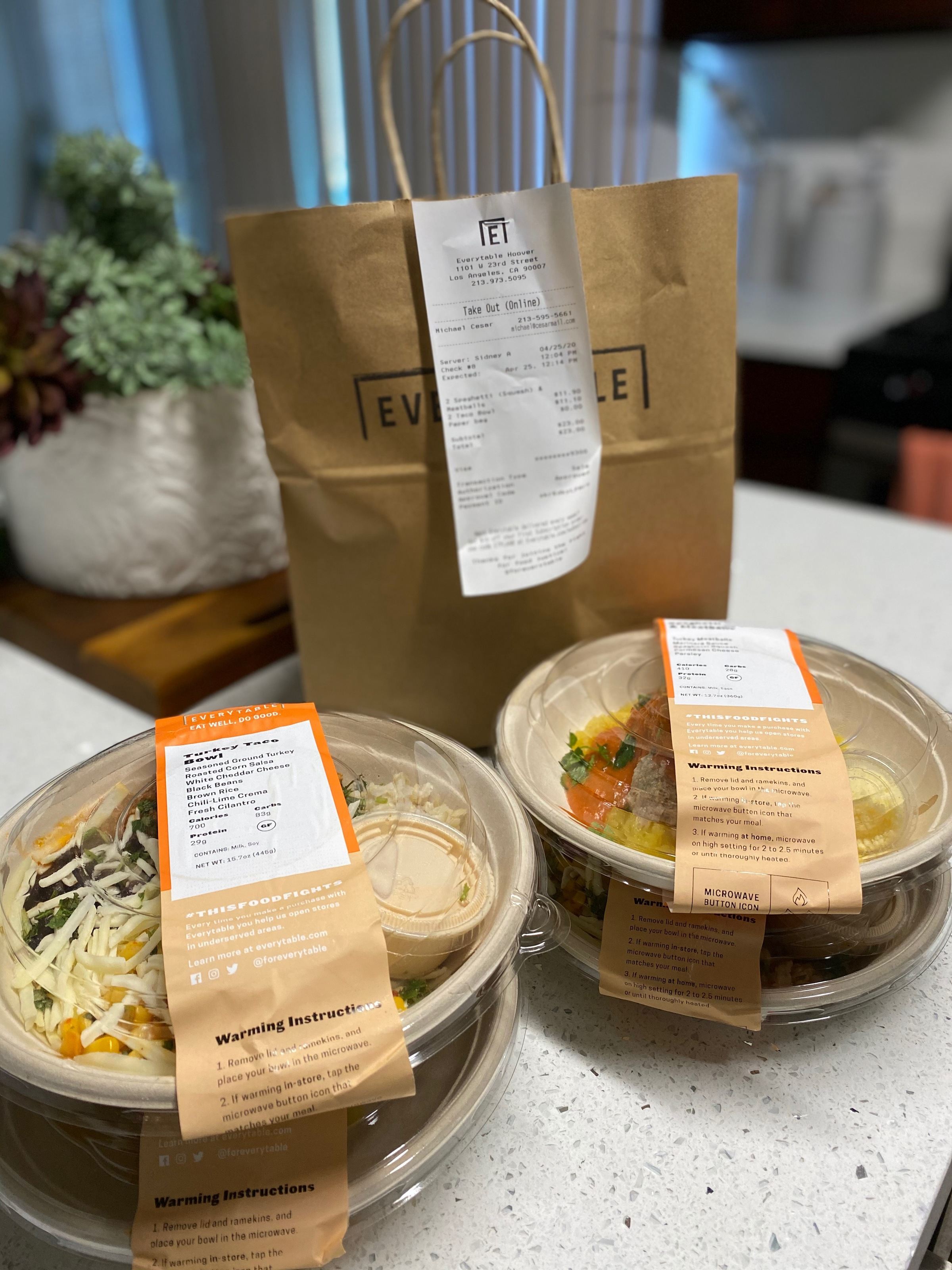
Last week, we launched in LA providing our first hot meals through our first restaurant partner, Everytable (an incredible LA Social Impact Venture focused on food accessibility), for our first LA client through our first nonprofit partner, Safe Place for Youth (an incredible nonprofit serving homeless youth in the Venice area). We are excited to see Duet’s impact in Los Angeles grow and can’t wait to see what the future holds.

Charity Matters: Can you share a story or an example of your impact?
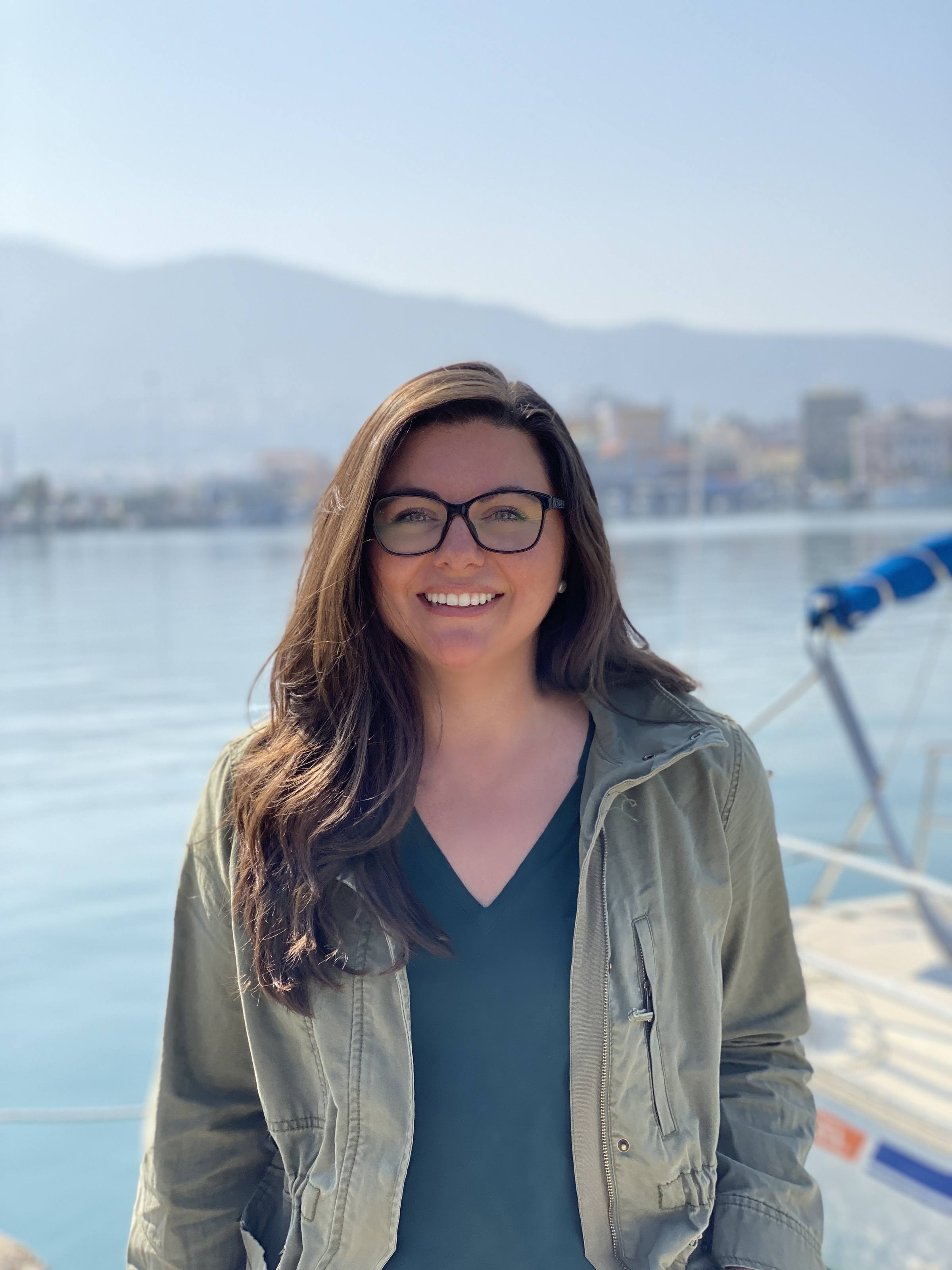
Stephanie Van Sickel: Last week, we launched in LA providing our first hot meals through our first restaurant partner, Everytable (an incredible LA Social Impact Venture focused on food accessibility), for our first LA client through our first nonprofit partner, Safe Place for Youth (an incredible nonprofit serving homeless youth in the Venice area). We are excited to see Duet’s impact in Los Angeles grow and can’t wait to see what the future holds.
CHARITY MATTERS.
Copyright © 2020 Charity Matters. This article may not be reproduced without explicit written permission; if you are not reading this in your newsreader, the site you are viewing is illegally infringing our copyright. We would be grateful if you contact us.

